Nationality vocabulary
Expand your vocabulary and practice




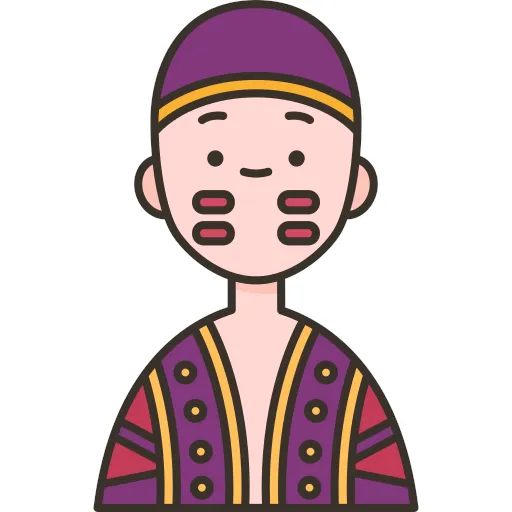















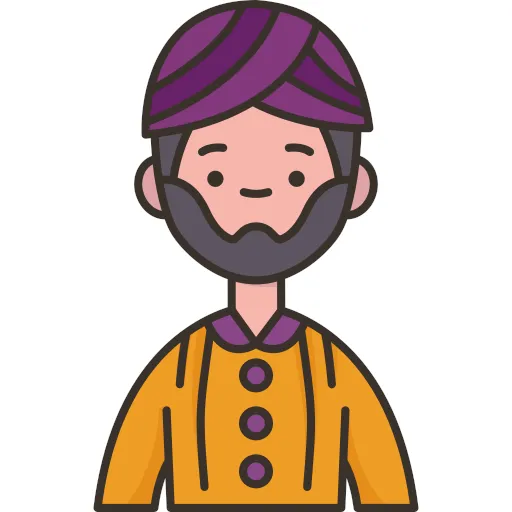
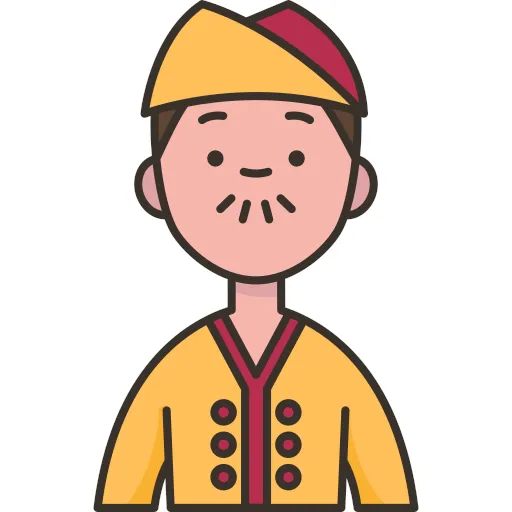




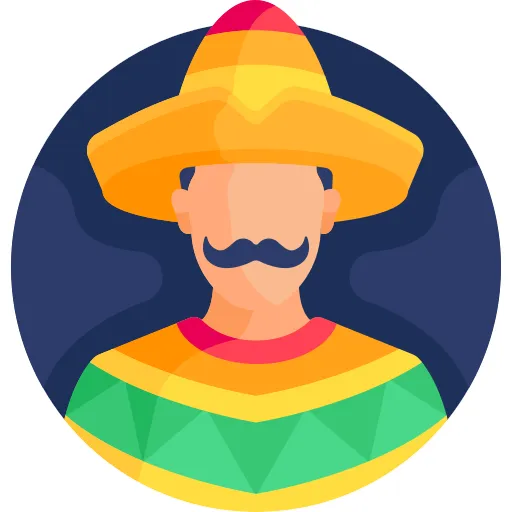

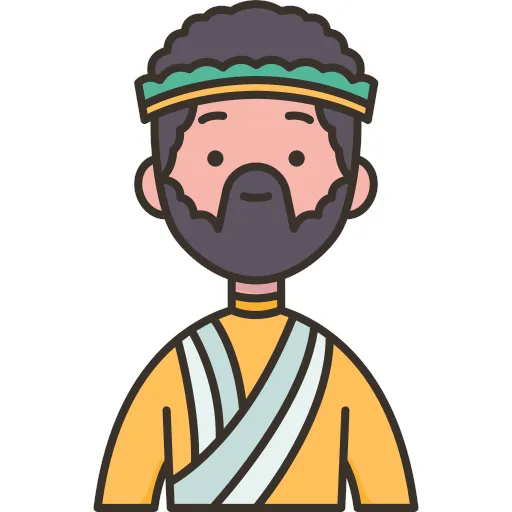






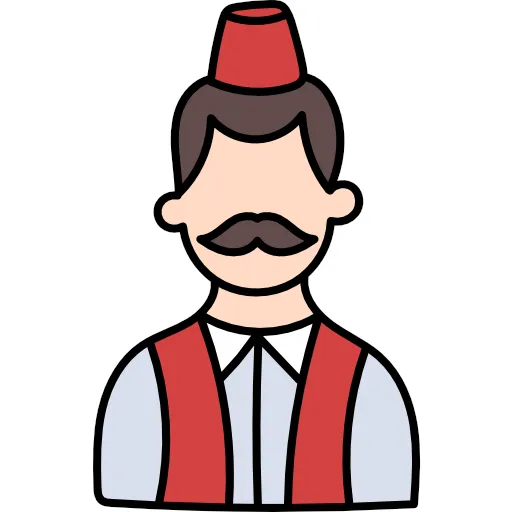

Nationality exercise (Multiple choice)





Nationality exercise












Information or Use Cases (Usage examples)
Gina Let's have a closer look at the usage for some of the words and phrases from this lesson. Our vocabulary section of this lesson is kind of different, as we’re going to be looking at nationalities in a little more detail.
Gabriella: That’s right. Changing the name of a country into the name of the person from that country can be a little tricky sometimes, so we should definitely devote some time to that.
Gina: It’s all about the last few letters, isn’t it?
Gabriella: It is. It’s not easy to know which letters to add though as it doesn’t follow neat little rules. You really need to learn the nationalities by heart.
Gina: Let’s have some examples.
Gabriella: A popular ending is I-A-N. This is used for nationalities such as Brazilian, Indonesian, and Egyptian.
Gina: There is also E-A-N, which you can see in Korean and Singaporean.
Gabriella: Another similar one is simply A-N in words such as German, Burman, Guatemalan, and Costa Rican.
Gina: Let’s try an ending that’s completely different to those.
Gabriella: Hmm, how about E-S-E?
Gina: As in Portuguese and Vietnamese? That works.
Gabriella: E-R is completely different too. You’ll hear that in New Zealander.
Gina: That’s a rare one, I think. As I-C.
Gabriella: Like Icelandic and Greenlandic.
Gina: One that we know a lot about is I-S-H
Gabriella: British, English, Turkish, Irish… yes, we know about that one in the Europe!
Gabriella: That’s it. And let’s end with C-H, as in French and Dutch.
Gina: That’s a lot of different ways of expressing nationality! There are nationaities that don’t have special ending like Srilanka, Laos, and Arab
Gabriella: It is a little confusing, yeah!
Gina: Let’s move onto the grammar.